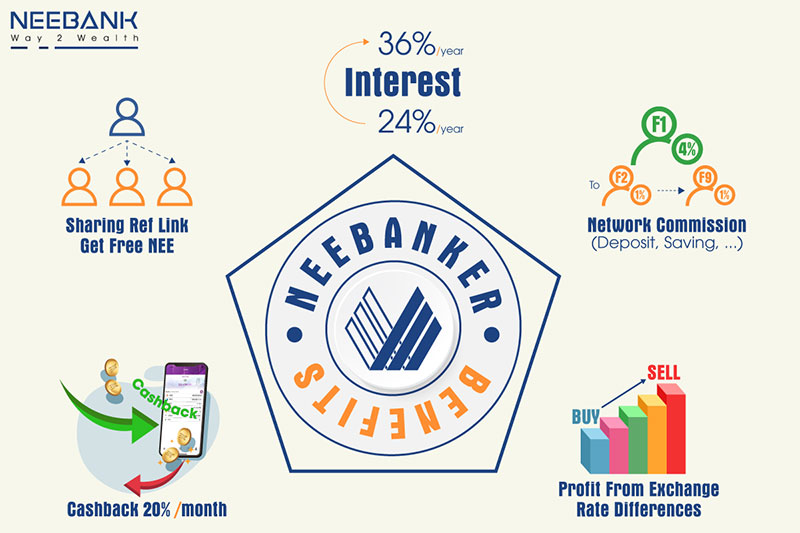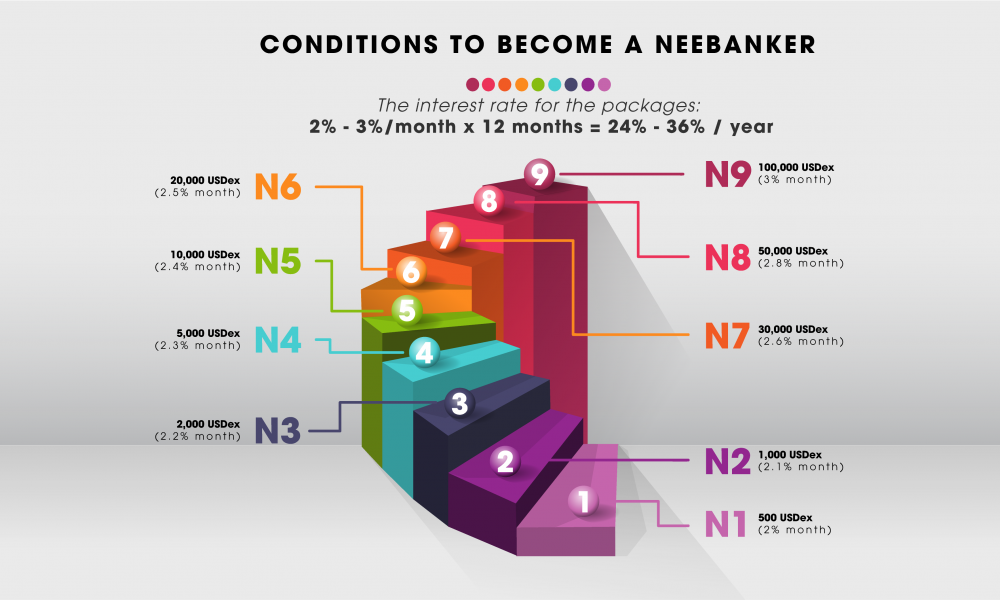
How Human Behavior on Social Media Predicts the Stock Market
Utilizing social media predicts the stock market, while in its infancy, has already proved highly accurate compared with other methods of forecasting stock rises and falls. Here’s how social media platforms are changing stock predictions.
Just as actions in the stock market are contagious, emotions in social media are contagious. Therefore, it’s arguable that tweets about stocks are a natural precursor to actual stock market action. One study shows how emotions are contagious online by using Facebook posts and rainy weather forecasts. With this data, researchers found an interesting ripple effect: Rain caused many people to post depressing Facebook statuses, which caused their friends in non-rainy places to also post depressing Facebook statuses. For every person affected by rainfall directly, one to two people were affected by rainfall indirectly through Facebook.
This suggests that tweets pertaining to stocks with either positive or negative sentiment may have a rippling effect, all before hitting the stock market. For instance, it’s possible that the more people who post positively about a stock, the more likely other people in their social media network are to post positively about the stock, or at least feel positively about the stock themselves. Before, the only information on how other people felt about a certain stock was to look at how it was doing in the market. With Twitter in play, now you can see how people feel about a certain stock through posts before those feelings reach the market.
There’s no escaping the effects that the stock market has on us all. It affects our job security, the taxes we pay, and the interest rates on the loans we take out. Even our retirement depends on it.
As pervasive as the stock market is, nobody has been able to truly crack the code and social media predicts the stock market with much accuracy. Sure, there are many mathematical and statistical methods out there that make us feel confident in our stock market decisions. But at the end of the day, these models fall short the same way that we humans do: We cannot predict the future.
Then Twitter came along and unknowingly changed the stock market landscape forever.

Table of contents
The stock market: past and present
Business professor Johan Bollen reported that Twitter data could predict the Dow Jones Industrial Average with 87.6% accuracy—a far cry from the accuracy of legendary stock gurus who range from 22% to 52% accuracy in stock market forecasting. Social media data analysis firms have been getting a lot of attention from their “social sentiment indicators,” which help them make relatively informed decisions in the stock market.
While utilizing tweets to predict the stock market is still in its infancy, so far it has a high accuracy compared with other methods in forecasting stock rises and falls. For decades, different investors have been using different methods to predict the stock market since there has never been a high-accuracy method. For instance, investors can choose to go with the momentum of the stock market and assume stocks will continue going in the same direction in the future as they are now. Or, they can sit back and relax, telling themselves that with all the market ups and downs, it will all even out over time anyway. Some dig into the endless heaps of past stock market price data in an attempt to predict the future, while others tell themselves that past returns just don’t matter when it comes to predicting the stock market.
Human behavior and the stock market
Trusting your instinct – regardless of the facts in front of you – may not be rational, and making an impulsive decision because you are feeling a certain way is not rational. However, people make decisions based on their instincts all the time, and the stock market is no exception.

Tweets: a natural precursor to stock market action
Bull markets and bear markets would not exist without the so-called herd instinct, which drives us to act like those around us. When one person sells a stock that you own – then two, then four, then 16, and so on – the more pressured you will feel to sell the stock also for fear of missing out on a smart move. How people feel about a stock or the stock market in general is contagious, leading to exaggerated rises and dips in the stock market and the economy.
Read more at: https://neebank.com/omanity/community-news
 Why Should Businesses Accept Money 4.0 Now?
Why Should Businesses Accept Money 4.0 Now?





